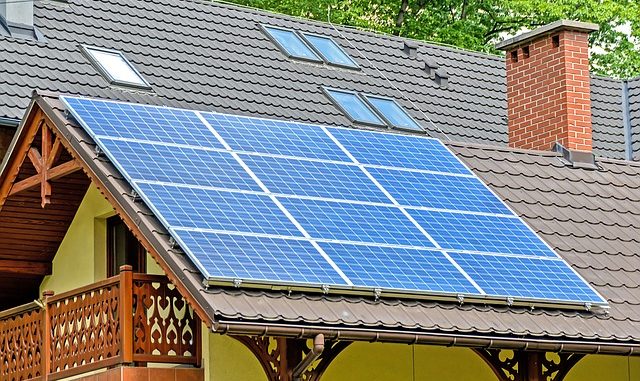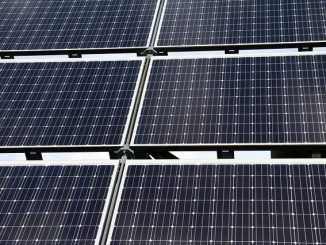
How not to speak of individual self-consumption as the subject fills the columns of newspapers and as this mechanism seems obvious in the context of energy transitions? what could be simpler than consuming the electron that we produced, on our roof for example, with our photovoltaic panels? What could be more natural ?
However, in Europe, individual self-consumption, as natural as it is, has not yet been imposed. Outside Germany (more than 1.5 million customers), Great Britain (more than 700 000 self-consumers) and Italy (more than 650 000 households), the other countries are lagging behind.
Why is that ? Many point to regulation, more or less favorable, but are they right? Is this the only cause to incriminate?
Self-consumption initially develops on an economic base: in countries where the price of electricity is among the highest in Europe, self-consumption allows access to cheaper electricity.
Regulation can therefore be a lever promoting the economic attractiveness of self-consumption:
- It can simply first allow it or not. In France, the law on self-consumption dates from 2017!
- It can decide whether or not the grid fees apply to self-consumed electricity: in Germany, it does not apply. But many DSOs are pushing in the opposite direction to limit their short-term revenue losses!
- It can decide whether or not the various taxes (VAT, tax for the financing of renewable energies) apply or not to self-consumption.
These few examples clearly bring water to the mill of those who see regulation as the sole driver of self-consumption.
However, it is interesting to note that each provision decided in a country to favor or not self-consumption is a consequence of a national vision on the future of energy. Whenever self-consumption is clearly favored, it has been for several years, in a context where the distributed and local energy systems are neither discussed nor questioned. Each actor adapts and accompanies the transition.
In other countries, the actors of the self-consumption fight against a still very centralized vision of the energy systems, against defensive strategies of many actors, including the managers of networks supposed to stimulate and to favor the energy transition.
Focused on these struggles, they consider self-consumption only as the most direct highway possible between the photovoltaic panel and the socket. However, consumers in the most advanced countries show that self-consumption means much more: very quickly, the desire to increase the share of electricity produced leads to the use of storage, a recourse all the more important as the car -consumer has electric vehicles. The nanogrid thus created needs to be piloted and monitored and the search for optimization goes beyond the mere perimeter of housing.
Today, innovative companies are developing by responding to this need and a much broader conception of self-consumption. Thus, the actors of the following countries will have a double penalty: not having had a dynamic national market to develop and face a competition over-trained and over-adapted from the leading countries.
Anticipating this situation is the responsibility of the actors themselves!
Subscribe to receive every quarter all articles of the blog: [sibwp_form id=2]



Leave a Reply